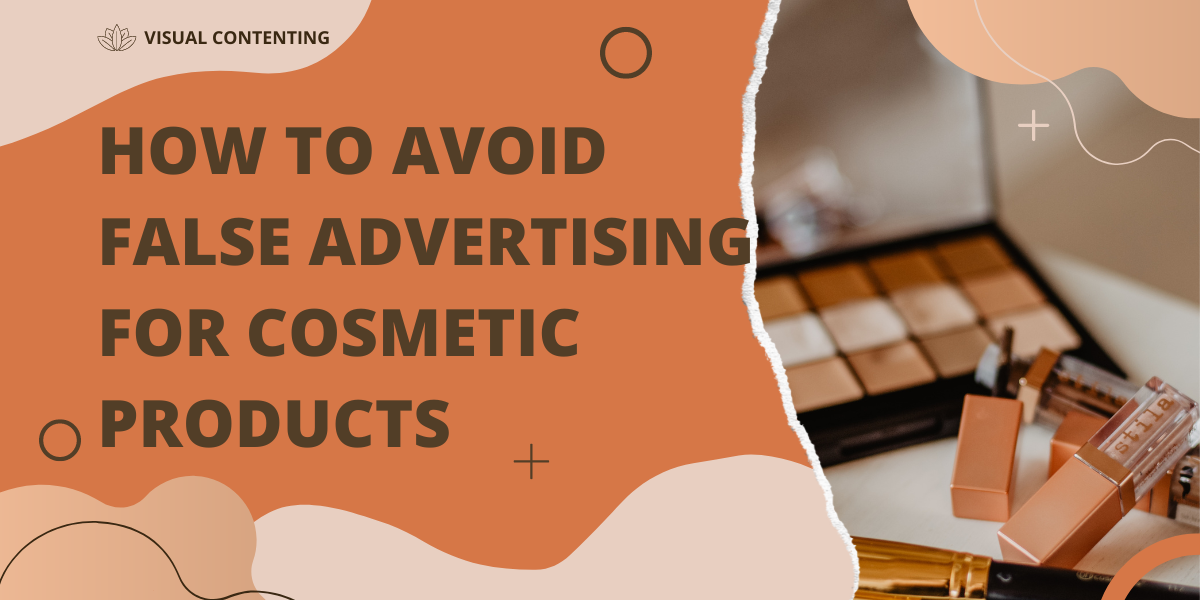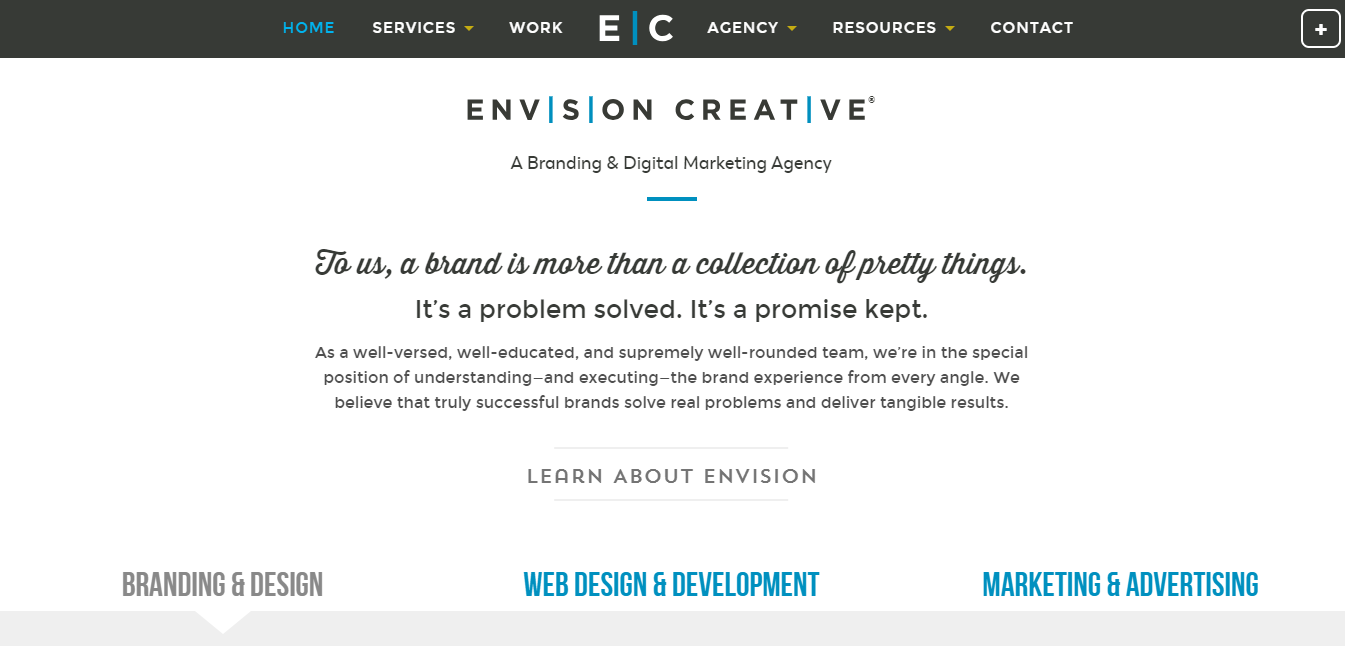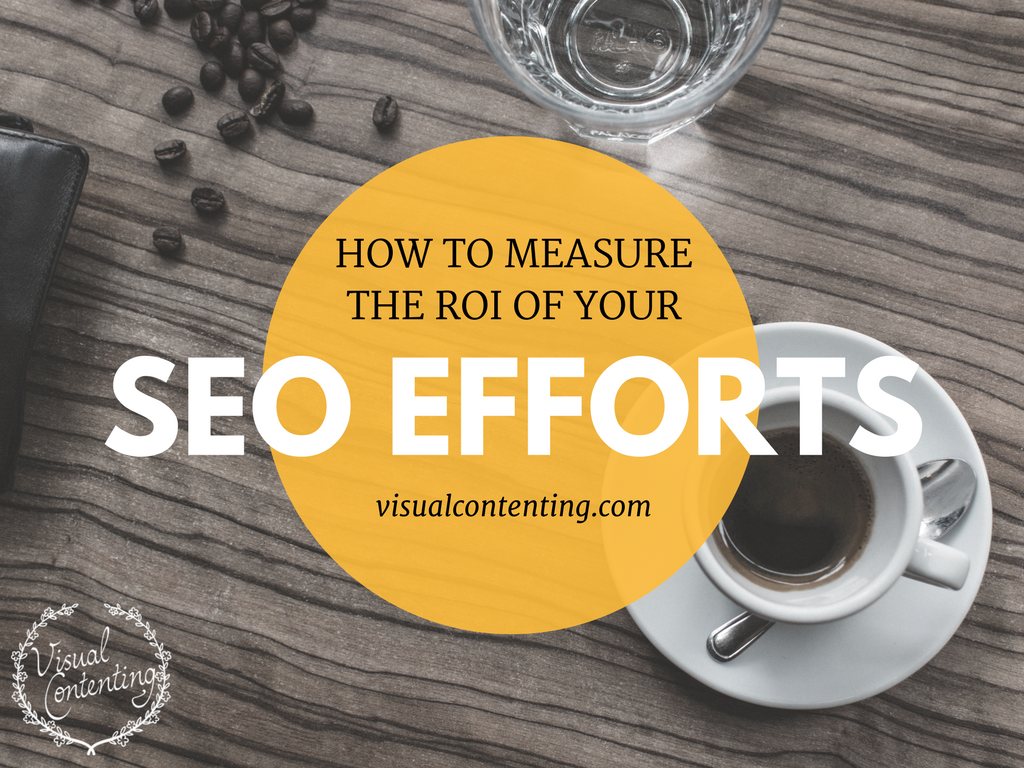Marketing and advertising in the digital age have presented new challenges for professionals in the industry. The sheer number of products on the market makes it difficult to stand out from the crowd, and trying to keep customers engaged adds fuel to the fire. These factors are what make advertising so challenging these days.
One mistake no company wants to make is false or misleading advertising, as it can tarnish their reputation, cause customers to shop elsewhere and even result in legal repercussions. It also shows that companies care more about their bottom line than their customers. How can marketers in the cosmetics industry avoid falsely advertising products to their customers?
How False or Misleading Advertising is Regulated
Several federal and state laws are in place to protect consumers from fraud and deceptive practices, including those used in advertising. It makes no difference if advertisements are on the radio, billboards, TV commercials or online — companies must ensure their advertising efforts comply with the various and applicable laws.
The Food and Drug Administration (FDA) and the Federal Trade Commission (FTC) are both responsible for regulating food, prescription and OTC drugs, dietary supplements and cosmetic products, along with how they’re marketed to the public. The FTC has a comprehensive list of laws about specific marketing and advertising practices and the promotion of certain products and services across various industries.
However, it’s worth noting that cosmetics products do not require FDA-approved labeling before going to market. That means companies should do their due diligence before their products circulate or risk being hit with false advertising claims.
In addition to the FDA and FTC, the Better Business Bureau (BBB) asks average consumers to report potential scams or false/misleading advertising on its website. Some companies are hit with poor BBB ratings or accreditation, which can negatively impact business performance, decrease revenue and ruin a company’s reputation.
According to the FTC, a general rule companies must follow is that advertisements must be truthful, not misleading and, at times, backed by scientific evidence. Depending on the products or services a company sells in the cosmetics industry, ensuring all advertisements follow these guidelines can be challenging.
Case Studies: False Ads for Cosmetics Products
Historically, the cosmetics and beauty industry is no stranger to allegations of false advertising. The consequences of making false or inaccurate claims are too significant for companies to ignore. In some cases, companies targeted with these allegations have to pay hefty fines — usually up to $10,000 per violation, on top of attorney’s fees and other damages.
Before diving into the nitty-gritty of how to avoid false advertising for cosmetics products, let’s explore some prior cases where beauty companies made these advertising mistakes.
L’Oreal
In 2014, one cosmetic giant, L’Oreal, was hit with FTC claims alleging that the company claimed some products could target customers’ genes.
L’Oreal claimed that their two products — Lancôme Génifique and L’Oréal Paris Youth Code — provided anti-aging benefits. According to the cosmetics brand, the products were “clinically proven” to boost gene activity and stimulate “youth proteins” to give off the appearance of younger skin. The FTC found that the claims were unsubstantiated.
Burt’s Bees
In 2022, a California resident alleged that Burt’s Bees used misleading advertising on its products, as it tried to claim its lip balms were “100% natural.”
In this case, the plaintiff stated that he purchased a lip treatment product advertised as 100% natural. He realized the product contained ingredients like hydrogenated oils and glycerides, which would render these products synthetic.
Covergirl
In 2021, Covergirl faced a lawsuit claiming that the company labeled products as “sustainable,” when in reality, Toxin Free USA found PFAS (per- and poly-fluoroalkyl substances) — also known as “forever chemicals” — in its products.
PFAS in cosmetics raises concerns, especially since these chemicals may be linked to harmful health effects in animals and humans. They don’t break down in the environment and they’ve even been linked to cancer, decreased fertility, hormone disruption, liver disease and more.
How Cosmetics Marketers Can Avoid False Advertising Allegations
Consumers take false claims seriously. No consumer wants the products they buy to have misleading labels or packaging — it causes them to distrust companies they’ve come to know and love. Although companies in the cosmetics industry face mounting pressure to bring products to market, they must follow compliance requirements regarding advertising efforts.
Here are some helpful tips cosmetics marketers can use to avoid falsely advertising products or services with today’s stringent regulations.
Understand the Consequences of False Advertising
As stated above, cosmetic companies can face significant repercussions if they falsely advertise products or services. These penalties include monetary fines, a tarnished reputation, a lack of customer loyalty, and even causing harm to users of the products or services.
Gaining more knowledge about common false advertising pitfalls and why companies face legal issues can help marketers better understand how to avoid falsely advertising products or services so their companies can remain profitable and maintain their reputation in the marketplace.
Beware of Common False Claims
There are a few categories of false advertising to which cosmetics companies can fall victim, including:
- Microbiome claims
- Unqualified environmental or sustainability claims
- Carbon neutral claims
- Clean or “green” beauty claims
- Hand sanitizer claims
- Sun protection claims
- Anti-aging or aging reversal claims
Most of these claims target consumer trends to convince people to buy products. However, if there’s no substantial evidence to support these claims, companies can get into legal trouble. Some claims are difficult — or almost impossible — to substantiate, making these labeling tactics challenging.
Prioritize Clear, Concise Advertising
The ultimate goal of marketers, including those in the beauty and cosmetics sector, should be to prioritize clear, concise and direct messages in their advertisements. In doing so, companies can build loyal customer relationships, sell products and services without fear of false advertising allegations and continue business as usual.
If marketers claim that a product contains certain ingredients, be sure the labeling includes those ingredients. Marketers and advertisers should make true claims about products or services to protect themselves from lawsuits and have enough evidence to back up their claims.
Avoid Sweeping Statements
One pitfall some companies face when advertising products is making broad generalizations or sweeping statements about the products themselves. As mentioned above, making any significant statements about products and what benefits they offer can lead marketers down a slippery slope.
Marketers should avoid making blanket statements about the products they’re advertising. For example, suppose a marketing team is working on a campaign for mascara. Instead of using phrases like “guaranteed to make your lashes instantly longer,” marketers can say “will help your lashes appear longer upon application.”
Avoiding strong language such as “we promise” or “we guarantee” is something all marketers should remember while working on their marketing campaigns.
Advertise With Integrity: Avoid False or Misleading Advertising
One of the best ways cosmetic companies can avoid being hit with false or misleading advertising allegations is to become more familiar with the regulations surrounding it.
Consumers will not hesitate to call out brands for false advertising, as seen in recent lawsuits and controversies. It might seem trivial to worry so much about false advertising in today's digital world when misinformation is common online. However, the negative effects of these allegations are enough to bring business to a screeching halt or even cause a company to shut down.
It’s important for marketing and advertising teams to be aware of the common pitfalls regarding false or misleading advertising to ensure they’re marketing and advertising efforts are effective and compliant.
Related Posts
Devin Partida writes about topics concerning tech and the internet. She is also the Editor-in-Chief of ReHack.com.







